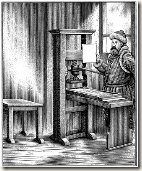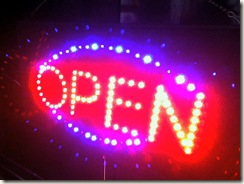
Does a classic need reviews?
I have just listened to Adele at Persnickety Snark vlog about how she write reviews, so my approach to this review is going to be different (she's got me thinking). I am reviewing a classic which, one would assume, has been read and reviewed by millions. If you don't know the story of Emma, you could look at the wikipedia page, but in the interests of supporting reading of the classics I suggest that you read it instead.
The short of it
Emma
Romance ... bluurgh!
I think for any male readers the idea that Emma is just chick lit. needs to be challenged. You might be forgiven for thinking its all heaving bosoms and wistful looks. In reality it is a drama and one that has a happy ending. There's a modicum of action with Mr Churchill rescuing Harriet Smith from some vagabond trampers(gypsies?) but this is handled in two paragraphs.
No the action in this book is via the dialogue. Characters are revealed and mischaracterized( by Emma) through the dialogue. The story might focus on Emma's attempts at match making, the protagonist might be female but the the larger picture is of course human interaction and this is part of what I found interesting. As interesting as say any modern drama like channel 10's drama Offspring.
What do I take away from this classic?
Emma is a window on history. A look into recent western culture. The more I read the more the various attitudes/social strictures made sense. I did also have my copy of What Jane Austen Ate and Charles Dickens Knew... which was invaluable. But I do feel I gained an appreciation of the period that you perhaps don't get from watching BBC Bonnet Drama's
The other thing I have taken away is Jane Austen's skill at creating character and story through dialogue - I wrote a couple of short narrative pieces while reading Emma and found, that without really intending to I had written two pages of dialogue heavy story.
I think for any writer experiencing trouble writing dialogue, Austen's worth reading.









